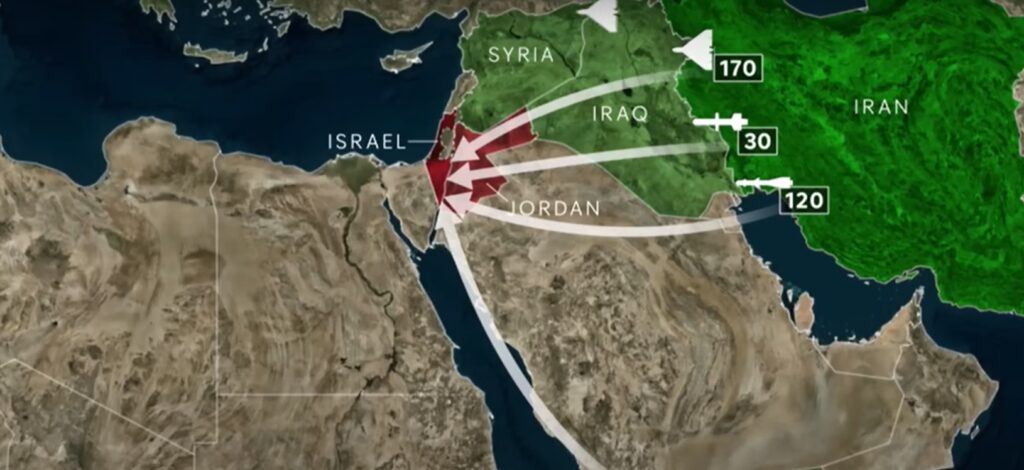Kamal Kharazi, an adviser to Iran’s supreme leader on foreign affairs, told the Financial Times that Iran would fully support Hezbollah if Israel launched an all-out war against it.
Despite this, he asserted that Iran does not seek a regional war and urged the US to pressure Israel to prevent further escalation.
Kharazi suggested that in the event of an all-out war, Hezbollah would receive widespread support from the Lebanese people, Arab nations, and other members of the resistance axis, forcing Iran’s involvement.
He emphasized that an expanded war would not benefit Iran or the US.
This sentiment aligns with comments from General Amir Ali Khajizade, commander of the Air Force of the Revolutionary Guards, who remarked to families of Gaza Strip Hamas terrorists killed by the IDF, “We have power, but our hands are tied; the conditions for direct action against Israel are not at our disposal.”
Saudi commentators believe that Iran’s Supreme Leader, Ali Khamenei, currently prefers to continue the war of attrition rather than risk a regional conflict, as this approach could gradually weaken Israel without jeopardizing Iran’s advanced nuclear project.
Senior Israeli security officials concur that Iran aims to avoid a regional war to protect its nuclear ambitions.
Iranian Revolutionary Guards commanders, overseeing the war of attrition from Tehran, believe that Israel is ill-equipped for prolonged conflicts, having historically focused on short wars that quickly shift to enemy territory.
Israel has been managing conflicts on multiple fronts for nine months, leading to economic, military, and moral strain, while its political standing globally is deteriorating.
This assessment appears to reflect Iran’s strategic preparation for a war of attrition.
The IDF is currently contending with a vast network of fortified tunnels in the Gaza Strip, housing thousands of armed Hamas terrorists.
Despite intense fighting over nine months, Israel struggles to neutralize this threat due to insufficient intelligence and explosives.
On the northern front, the IDF has been caught off guard by Hezbollah’s suicide drones, which often evade interception, posing a significant threat to soldiers and resulting in casualties.
Furthermore, weapons smuggling from Iran to Jordan and subsequently to northern Samaria continues unabated, overwhelming the IDF and Shin Bet.
With Iranian support, terrorist organizations in northern Samaria have developed substantial explosive devices capable of damaging IDF armored vehicles, endangering forces in Area A.
Hezbollah and Palestinian terrorist groups’ combat capabilities have significantly improved, presenting a formidable challenge to IDF forces in southern Lebanon, the Gaza Strip, and Judea and Samaria.
Hamas’s military wing in the Gaza Strip and northern Samaria terrorist groups have shifted to guerrilla warfare against the IDF, creating a prolonged conflict with no immediate resolution in sight.
Israel’s political and military leadership must reconsider their strategies and develop new, effective measures to counter Iran’s carefully orchestrated war of attrition, which has advanced under the radar of Israeli intelligence.




